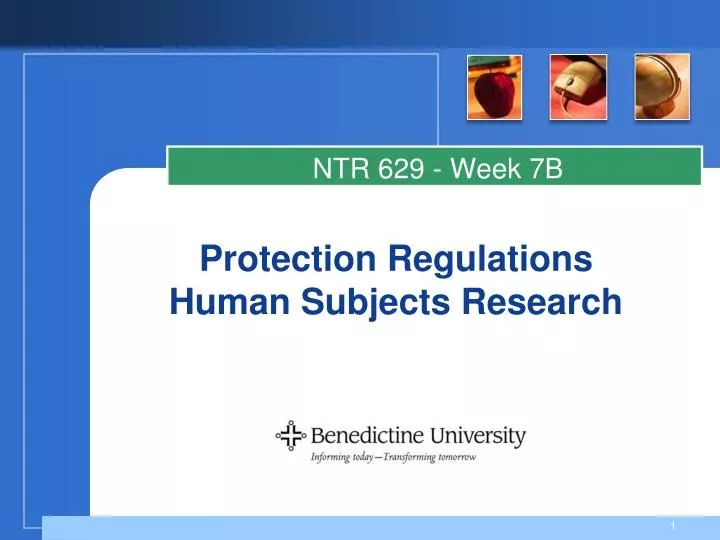

- #PROTECTING HUMAN RESEARCH PARTICIPANTS PDF#
- #PROTECTING HUMAN RESEARCH PARTICIPANTS CODE#
- #PROTECTING HUMAN RESEARCH PARTICIPANTS PROFESSIONAL#
Failure of IRBs to provide appropriate review and oversight can lead to severe consequences, as can abrogation by the investigator to place the well-being of the subjects as the primary responsibility in any research protocol. The examples also reinforce the importance of individual responsibility.
#PROTECTING HUMAN RESEARCH PARTICIPANTS CODE#
Results: Key documents-from the Nuremberg Code in 1947 to the Belmont Report in 1978 to Moral Science: Protecting Participants in Human Subjects Research in 2011-that have informed the ethics debate regarding human subjects protection in research activities are presented in light of their historic significance, highlighting the complexity of the issues surrounding protection of human subjects in research.Ĭonclusion: The examples from history and the scarcity of contemporary examples demonstrate that the regulations for the protection of humans participating in research have evolved in a way that minimizes the probability that subjects will be harmed when they choose to participate in research. Methods: This paper reviews the history of human subjects participating in research, including examples of egregious events, and the ethical analyses that precipitated the evolution of the mandated protections afforded participants in research under current federal regulations.

The road leading to the current regulations and ethical considerations has been long and checkered. Your reflective paper should be two to three pages and written in current APA Style.Background: Institutional review boards (IRBs), duly constituted under the Office of Human Research Protection, have the federally mandated responsibility of reviewing research involving human subjects to ensure that a proposed protocol meets the appropriate ethical guidelines before subjects may be enrolled in any study.
#PROTECTING HUMAN RESEARCH PARTICIPANTS PROFESSIONAL#
Explain your decisions.Īlthough you are not implementing a change project at this time, and you may not be directly involved in research as part of your professional responsibilities, explain the reasons why it is important for you to know about these rights and protections. Even though these principles are considered equal, prioritize them in order of importance to you. Three core principles are identified: respect for persons, beneficence, and justice. The Belmont Report summarizes the ethical principles and guidelines for research involving human subjects. Do you think they are adequate? Why or why not? Evaluate the requirements and restrictions. Identify three vulnerable populations and the special restrictions associated with human research among these groups. Give examples of specific ways human research subjects can be harmed by researchers.

This week, reflect on what you learned from the NIH materials about protecting the rights of human research participants.ĭiscuss at least three of the following in your paper:ĭescribe the circumstances that influenced the need for a policy to protect human research subjects. Department of Health and Human Services YouTube channel: If you would like to review more information, you can go to the following link to view 12 recorded webinars related to Human Research Protection on the U.S. Read the detailed document by the NIH and then take the self-check quiz to check your understanding before completing this week’s assignment.
#PROTECTING HUMAN RESEARCH PARTICIPANTS PDF#
Review the Frequently Asked Questions on Requirements for Education at the National Institutes of Health (NIH) link here:ĭownload the PDF documents listed below. It is essential that all healthcare professionals, whether or not they are currently involved in research studies, remain aware of regulatory policies and updates such as the Federal Policy for the Protection of Human Subjects (Links to an external site.), or Common Rule, that will take effect January 2019. Even though your change project will not be implemented in the field and you will not be engaging with human subjects in this context, it is still critical that all healthcare professionals have a solid foundation in patient rights and protections within the realm of research. Protecting human research participants is of utmost importance.


 0 kommentar(er)
0 kommentar(er)
